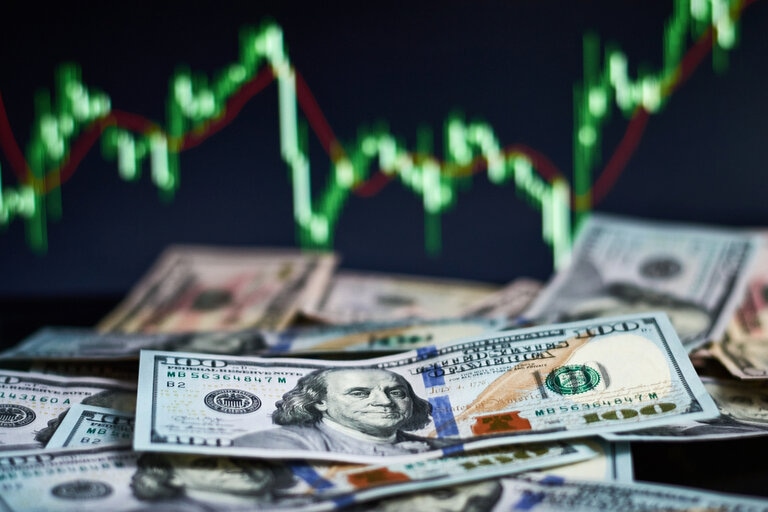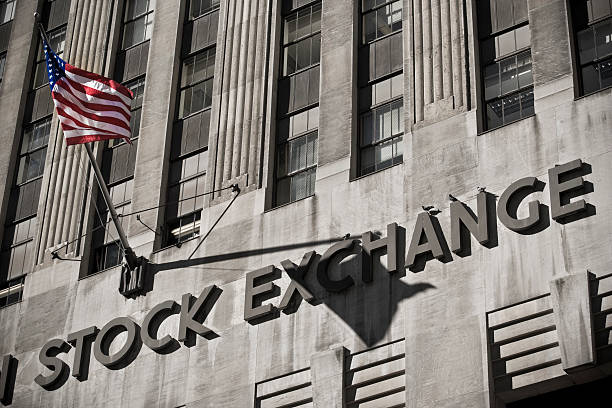Credit risk not interest rates sparked equity rotation, Citi says

Investing.com -- Fears that companies could default on thier bond repayments, or credit risk, rather than potential Federal Reserve policy action, is now the primary concern for investors and the likely reason for the latest equity market rotation, according to analysts at Citi.
Value, especially deep value on a price-to-book ratio, outperformed most in July, but reversed most since Aug. 1., while low risk and quality posted best returns in August month to date.
The reversal or underperformance came in the wake of a jump in implied and actual credit spreads - the difference between the yield on a corporate bond and a Treasury of the same maturity - since late July while the implied 10-year yield barely moved. "This clearly indicates that credit has become the key risk concern for equity investors," Citi added.
Among the four key macro drivers of equity markets including credit, interest rates, the U.S. dollar, and oil prices, credit "is the main dimension in which both the implied and underlying macro factors both jumped up significantly since late July in a synchronized fashion," Citi said.
The roughly unchanged equity implied 10-year yield, or market expectations for future rates and returns of the 10-year Treasury, is worth noting as it came during period in which the 10-year Treasury dropped significantly in the last couple of weeks.
The gap between the implied and actual 10-year yields and credit spreads "remains wide, albeit shrinking somewhat in the last week or so, Citi said, advising investors to "|actively manage their macro risk and prefer factors with less macro exposures such as earnings revision and growth to price momentum or value."








